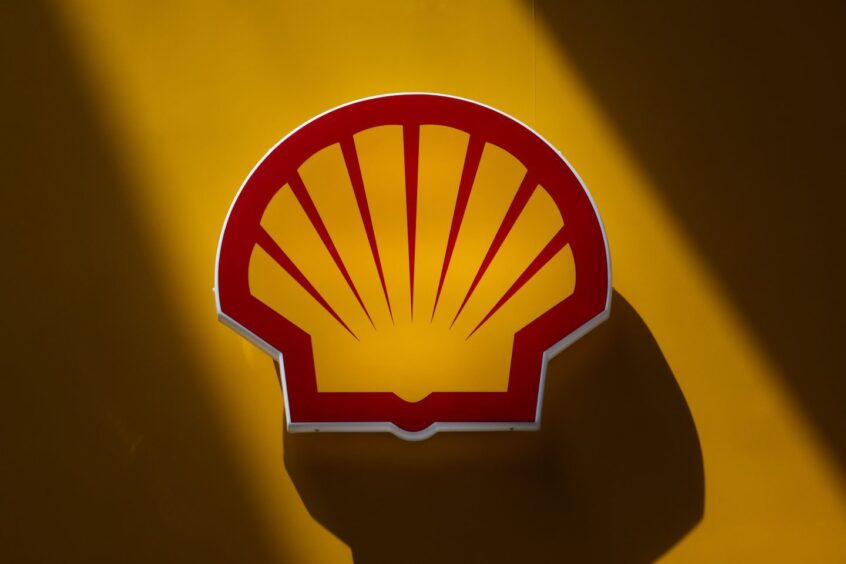
Shell (LON: SHEL) said its earnings from gas trading rebounded in the third quarter from the dip seen in the prior period.
After bumper profits in 2022 resulting from the severe energy market volatility caused by Russia’s invasion of Ukraine, the performance of oil majors’ trading divisions has shifted back toward historical norms this year. Even so, Europe’s appetite for liquefied natural gas remains high, giving companies like Shell the opportunity to boost margins by diverting cargoes away from other regions.
While Shell’s production of LNG was affected by scheduled maintenance, trading and optimisation performed better than it did from March to June, according to a statement on Friday.
“Overall, we see the statement as slightly positive,” RBC analyst Biraj Borkhataria said in a note. “Operationally, both upstream and LNG volumes were toward the upper end of prior guidance ranges, which is encouraging.”
Oil trading results are also expected to be higher on the quarter. RBC estimates the unit will add $200 million to $300 million to earnings compared to the previous three months. Shares of the company were little change.
Earnings at the chemicals and products unit are expected to be in line with the weaker performance seen in the second quarter, Shell said. Often overlooked, petrochemicals is smaller than the oil and gas segment yet still a sizable part of Shell’s operations. Weakness in the global economy has been a drag on the business, with Exxon Mobil Corp. saying earlier this week that a boost to its earnings from higher oil prices and refining margins will be partially offset by a drop in chemicals profitability.
Adjusted earnings at Shell’s renewable and energy solutions business will be flat or lower, according to the statement.
Under new CEO Wael Sawan, who took the top job in January, Shell is refocusing on its core oil and gas business in an effort to improve returns to investors and narrow the valuation gap with its US peers.
The move is causing anxiety among some Shell employees in the clean-energy division, but has been welcomed by many investors.
